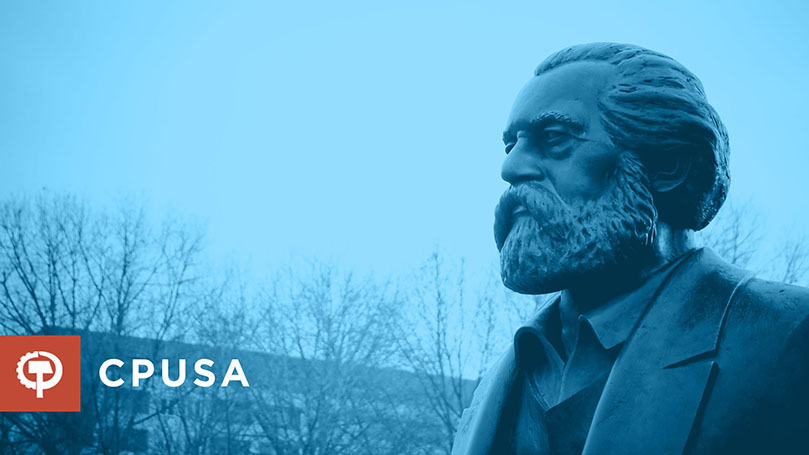
1. Marxists see wars throughout history as:
a. an expression of natural human aggression;
b. a consequence of the exploitation and oppression of class divided societies;
c. the result of evil ideologies like militarism and imperialism:
d. the result of a failure of communication between peoples.
2. In his analysis of imperialism, called “ultra-imperialism,” Karl Kautsky disagreed with V. I. Lenin’s analysis of imperialism in that he:
a. supported guerilla wars to fight imperialism;
b. saw imperialism as a positive force;
c. believed that imperialist powers could cooperate to divide the world short of war and revolution;
d. saw imperialism as the highest stage of capitalism.
3. Lenin, In Imperialism:The Highest Stage of Capitalism saw modern imperialism as a result of:
a. the merger of industrial and bank capital to create finance or monopoly capital;
b. the export of capital itself to as against goods throughout the world;
c. the formation of international monopolies and rival alliances of states to divide and redivide the world, leading to war and revolution;
d. all of the above.
4. Applying his theory of imperialism to Czarist Russia in 1917, Lenin saw:
a. Russia fighting in WWI in order to defend Slavic peoples from Germany;
b. Russia on the eve of a great capitalist revolution thanks to its defeats in the war;
c. Russia as the weak link among the imperialist powers fighting the war, whose revolution would have to be transformed rapidly into a socialist revolution if it were to survive pending revolutions in Europe;
d. Support for Germany and its allies as the way for revolutionaries to defeat Russian, British, and French imperialism.
5. Lenin’s most important theoretical contributions to Marxism were:
a. the role of a Marxist working class revolutionary party; the united front concept: the national question and the democratic struggle; the establishment of a working-class led socialist state; the theory of imperialism;
b. Guerrilla war; Soviets (workers councils) as the new form of socialist representative government; the theory of the weakest link:
c. the theory that the Soviet Union was the model for all socialist countries and had to be supported in all of its domestic policies and foreign policies;
d. The theory that socialism and capitalism were merging and that the globalization of capitalism would evolve into socialism.
6. Marxists see the fight for peace in the imperialist stage as:
a. a middle-class dream;
b. desirable but unlikely because class struggle makes war inevitable;
c. necessary because nuclear war would mean the destruction of the planet.
d. an all class democratic issue that requires a working-class orientation.


 Join Now
Join Now